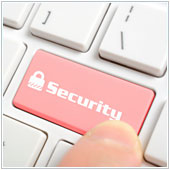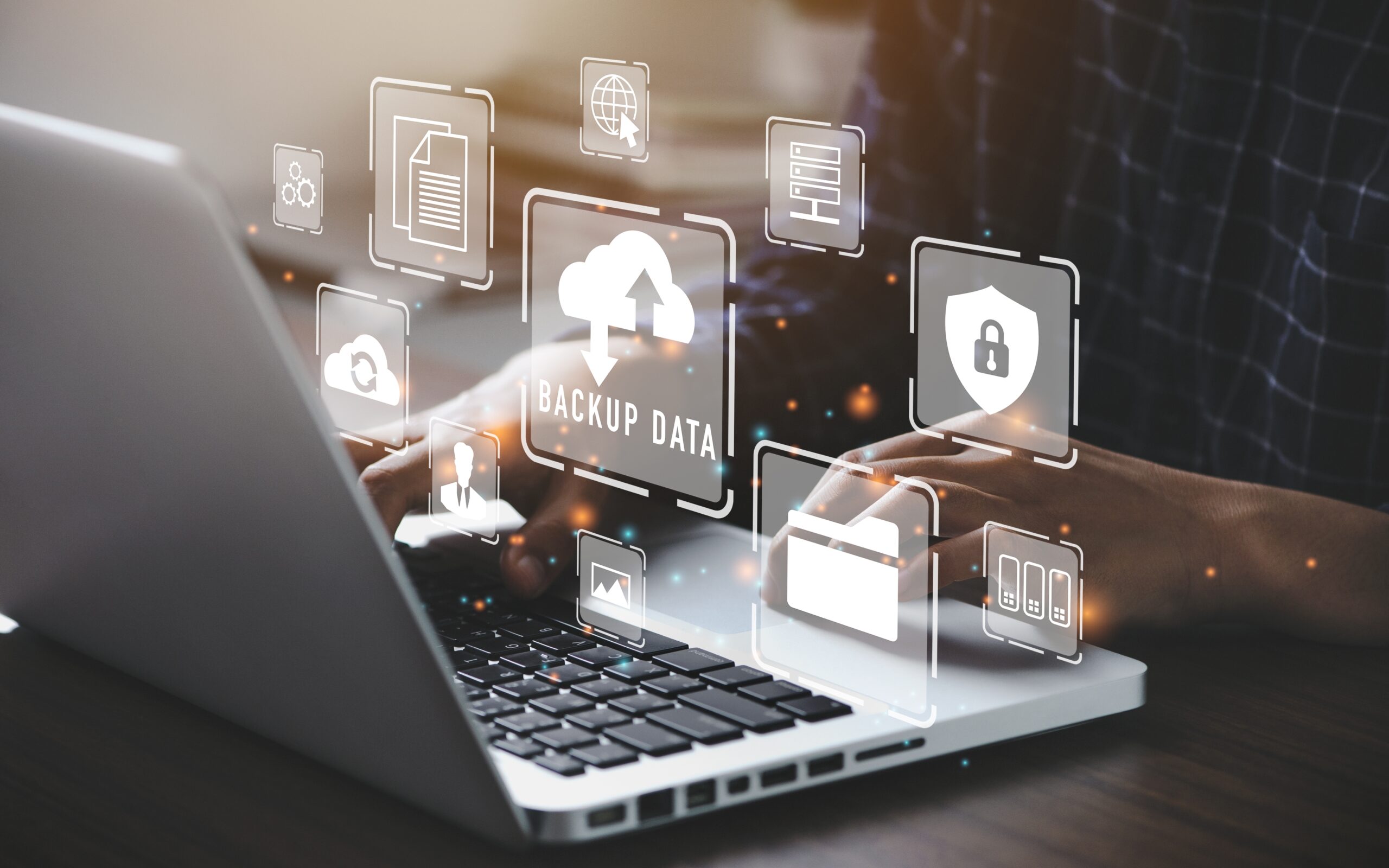 As businesses continue to integrate increasingly advanced technology more and more business owners and employees are working from outside of the office. Many employees may even be working from coffee shops or other public spaces, connecting to public Wi-Fi networks. While these networks are convenient, they are open and could pose a security risk to your data.
As businesses continue to integrate increasingly advanced technology more and more business owners and employees are working from outside of the office. Many employees may even be working from coffee shops or other public spaces, connecting to public Wi-Fi networks. While these networks are convenient, they are open and could pose a security risk to your data.
If you or your employees work outside of the office, and rely on, or frequently connect to public Wi-Fi connections, there are three security dangers you should be aware of.
1. Fake networks
The number of businesses offering free Wi-Fi to customers, especially coffee shops and restaurants, is growing. Some hackers have actually taken to setting up networks with names that are the same as a location or business in hopes that people will connect to it, believing it is an open network.
The issue is that they may have attached data monitors that collect data – including passwords and other private information going into and out of the network. Some have even gone so far as to set up a portal site that one must navigate to in order to log in and use the service – similar to what you see when you use most public Wi-Fi connections. Only these sites are loaded with malware which can be installed onto your system once you log in.
In order to avoid this, it is a good idea to look at the name of the network you are actually connecting to and check whether there is more than one with a similar name, or if there are any spelling mistakes. If you are unsure, the best approach is to check the name of the network at the business which is providing this connection.
2. Shared files or folders
Both major operating systems – OS X and Windows – have files and folders that automatically share any folders and files put into them with other users on the same network. Some business users put important files in these folders while at the office in order to allow colleagues access to them.
The problem with this is when you connect to a public Wi-Fi connection. Other people on that network may also be able to see those files. If you didn’t take the important files out of the folder, they could potentially steal the data contained within. Hackers know this, and may sit on the networks looking for other computers with shared files.
In order to avoid this, you should ensure that you aren’t sharing files stored in public folders on your computer. Try using other ways to share documents like a cloud storage provider.
3. The man-in-the-middle
A man-in-the-middle attack is a form of hacking where the hacker uses technology to actively listen to or capture data being transmitted over a network. What this means is that if there is someone capturing data, they could theoretically gain access to anything that gets sent outside of the network. This could include private files, passwords and more.
If you or an employee connects to the office remotely while connected to a public network, one way to minimize the chances of data being intercepted is by using a VPN. These connections set up a direct link between the computer and the home network, and make it difficult for those who aren’t part of that network to connect to and view data that is transmitted over this connection.
On top of this, it is a good idea to avoid entering passwords or other important information like bank account and ID numbers while connected to public networks.
If you are looking for ways to keep your data secure while out of the office, get in touch with us today to see how we can help.







